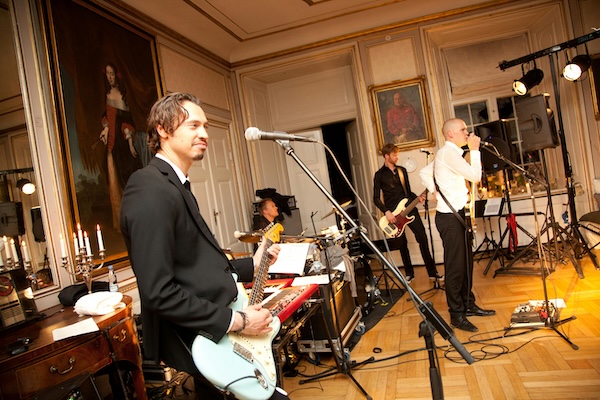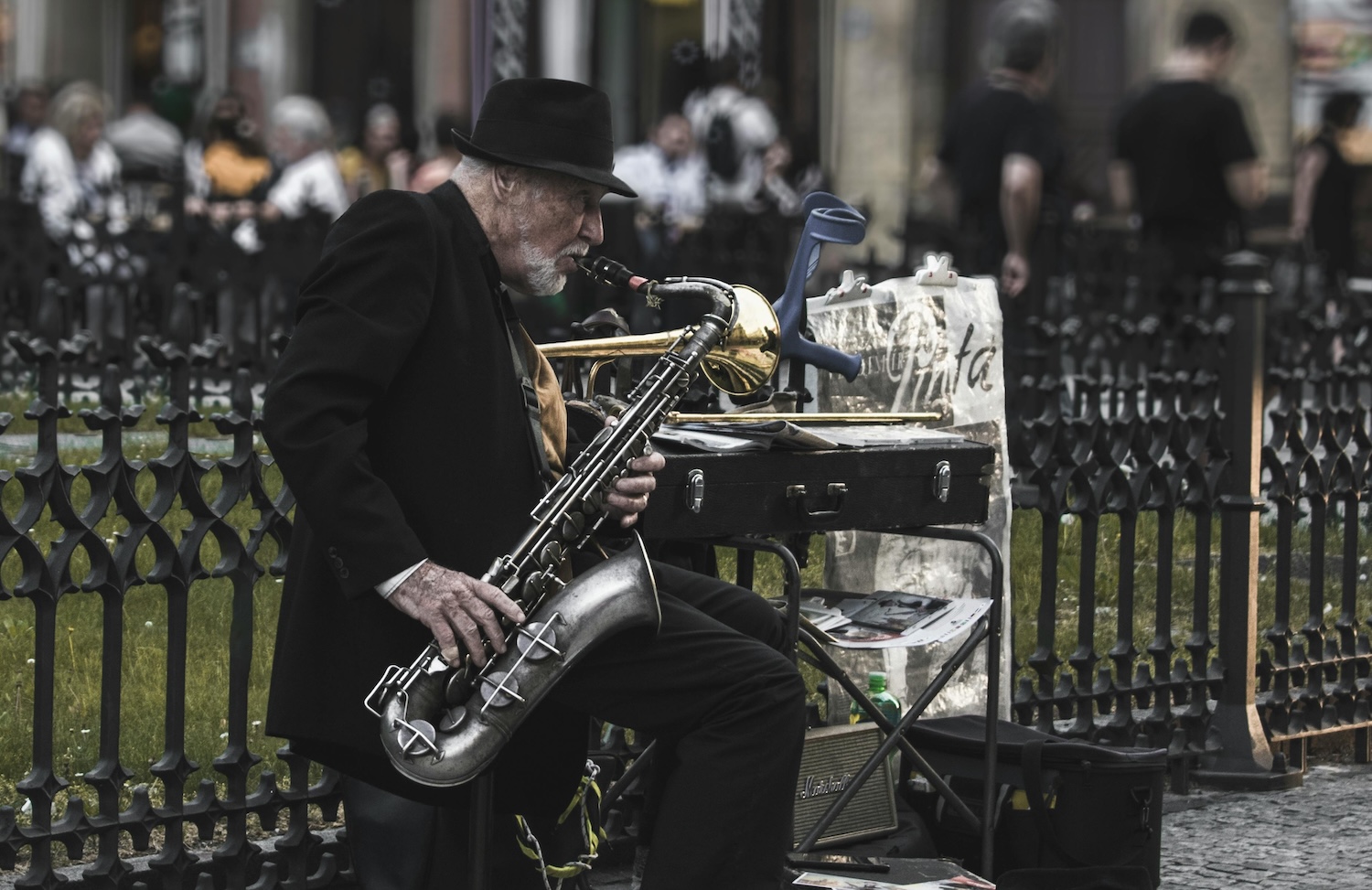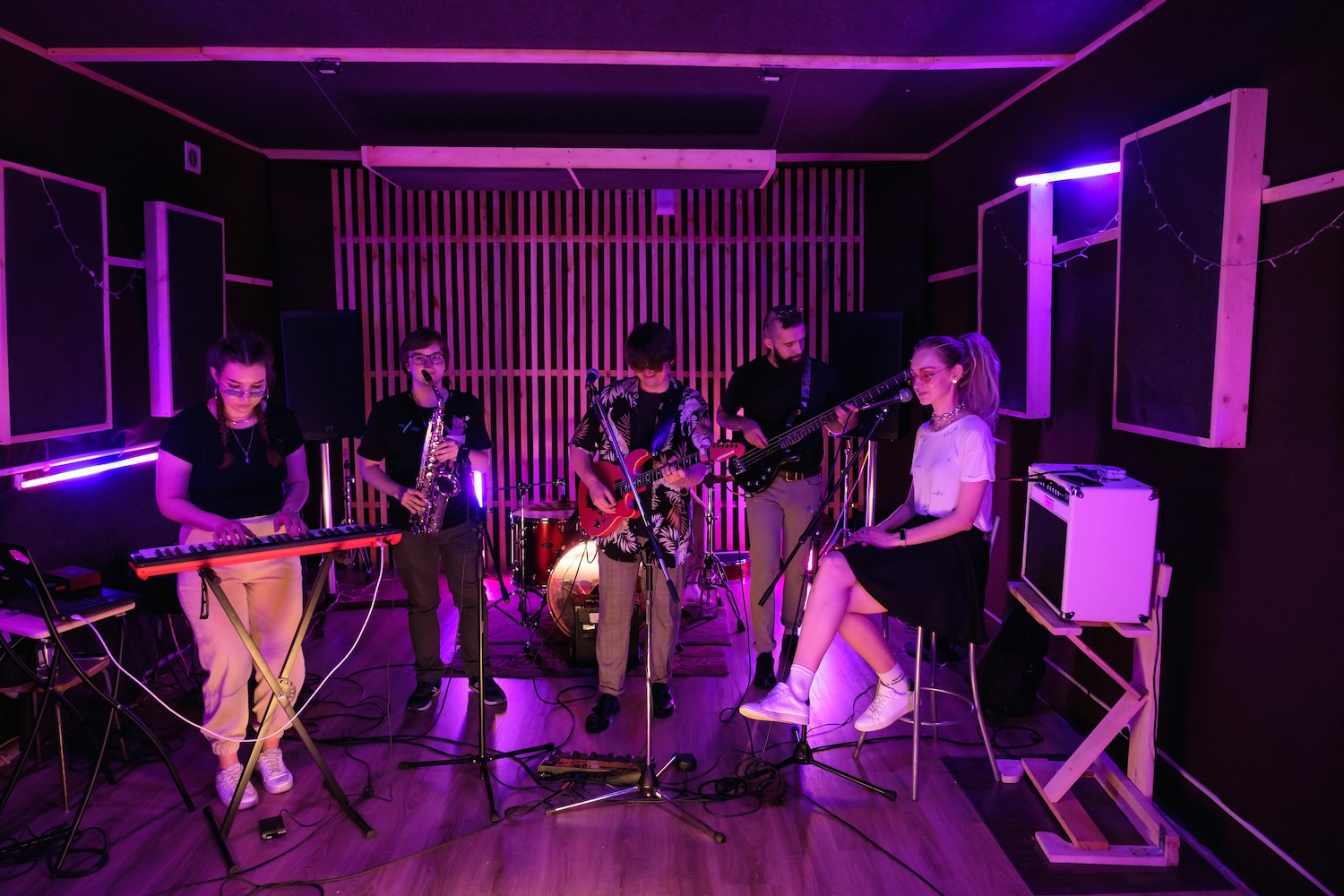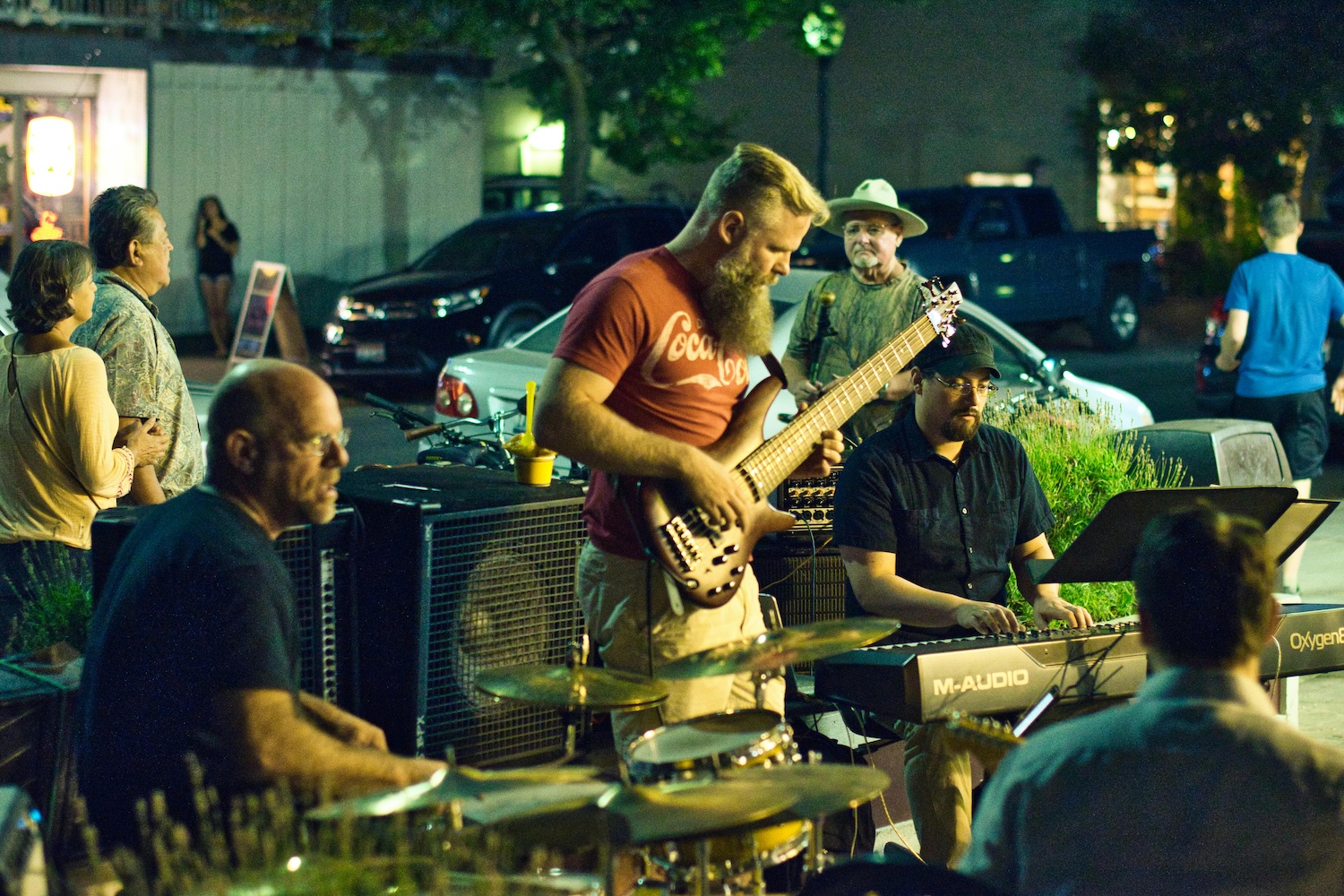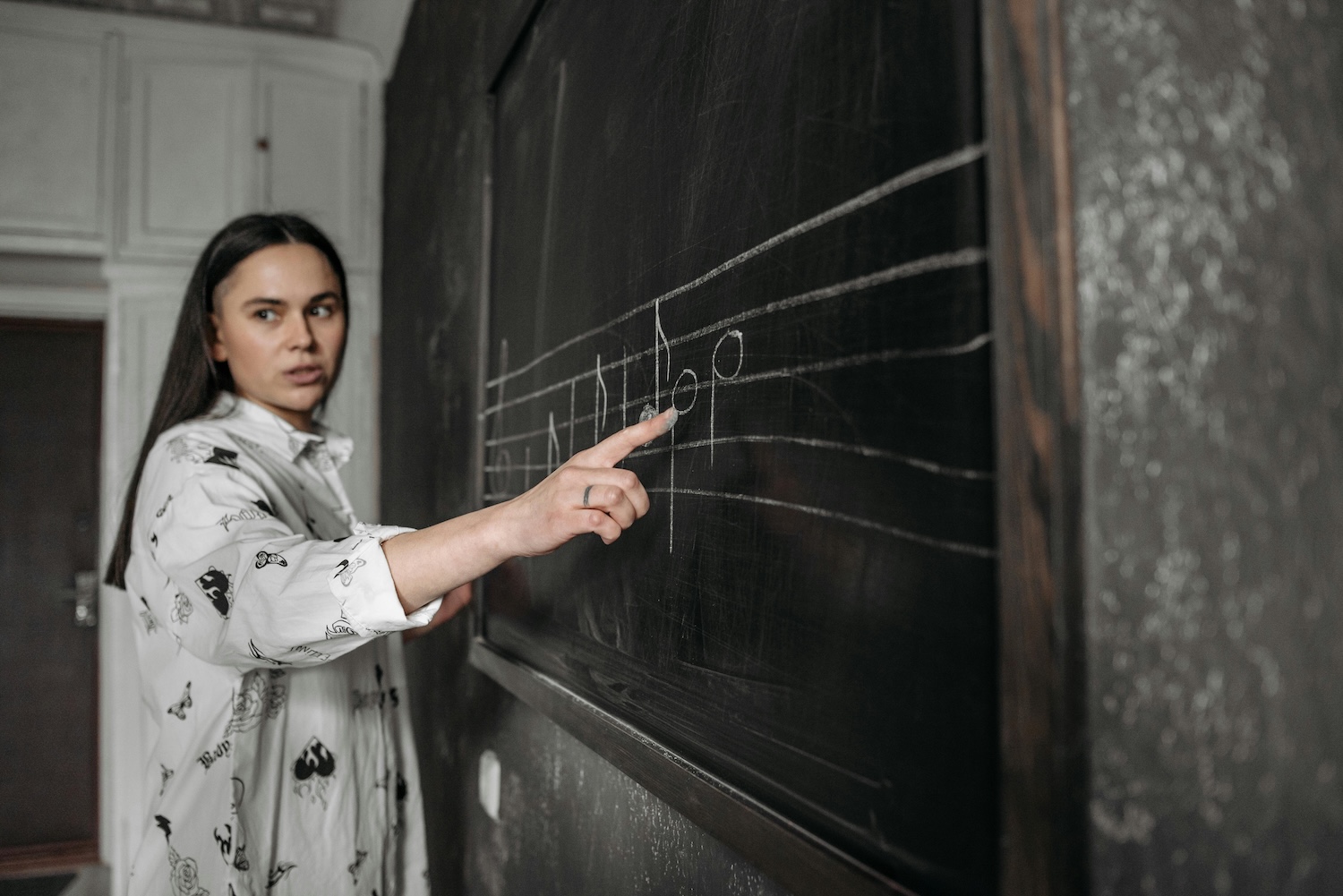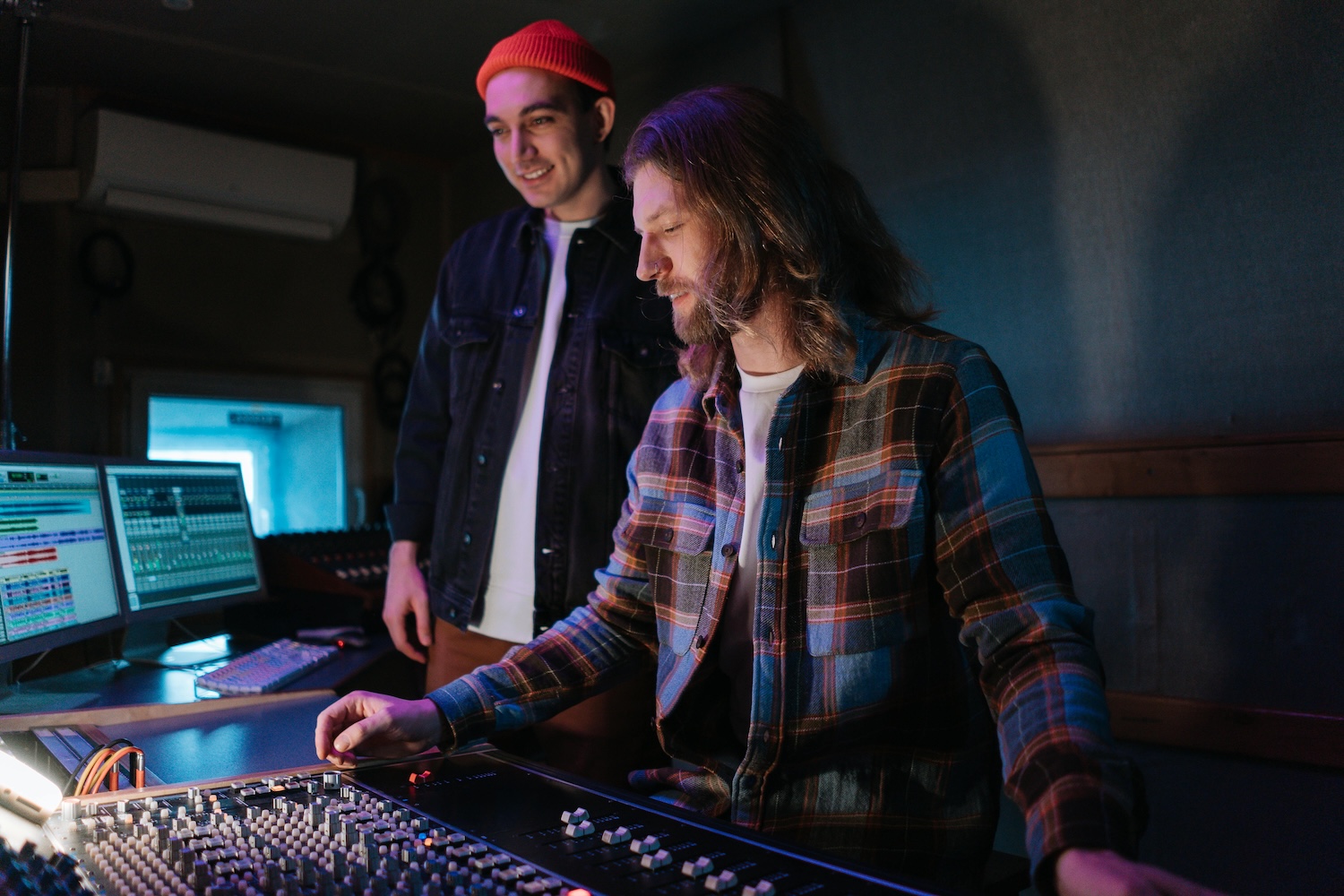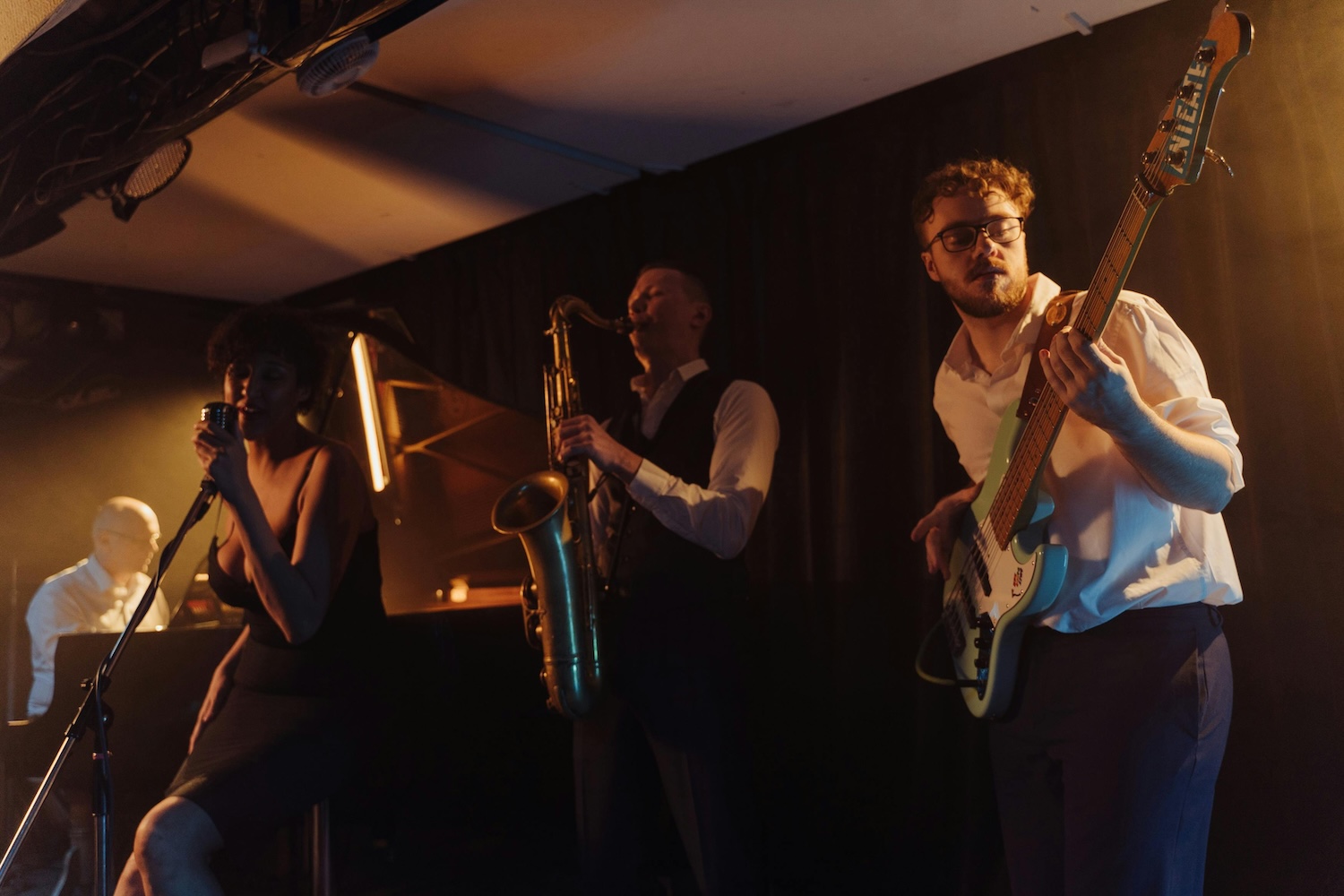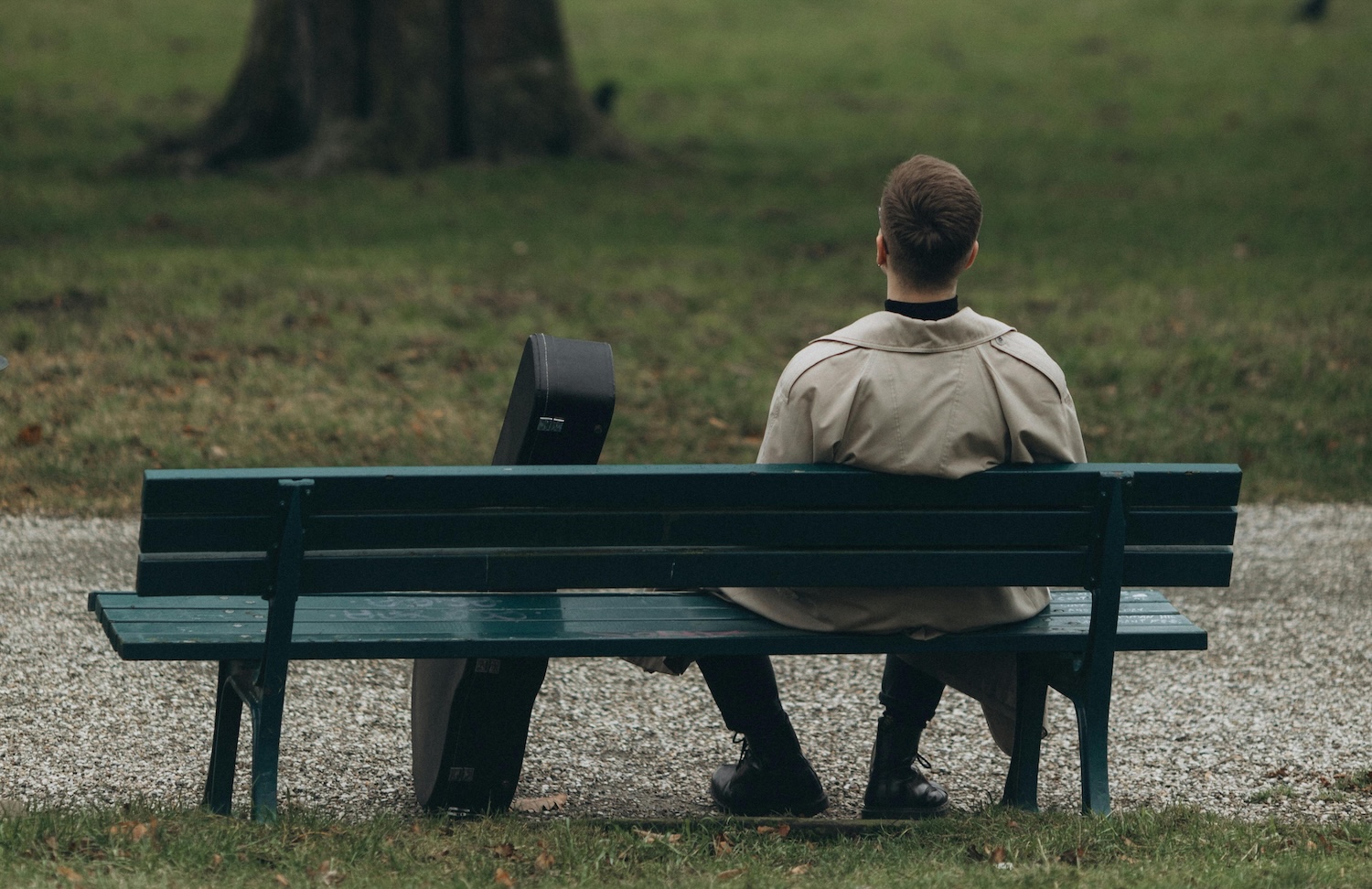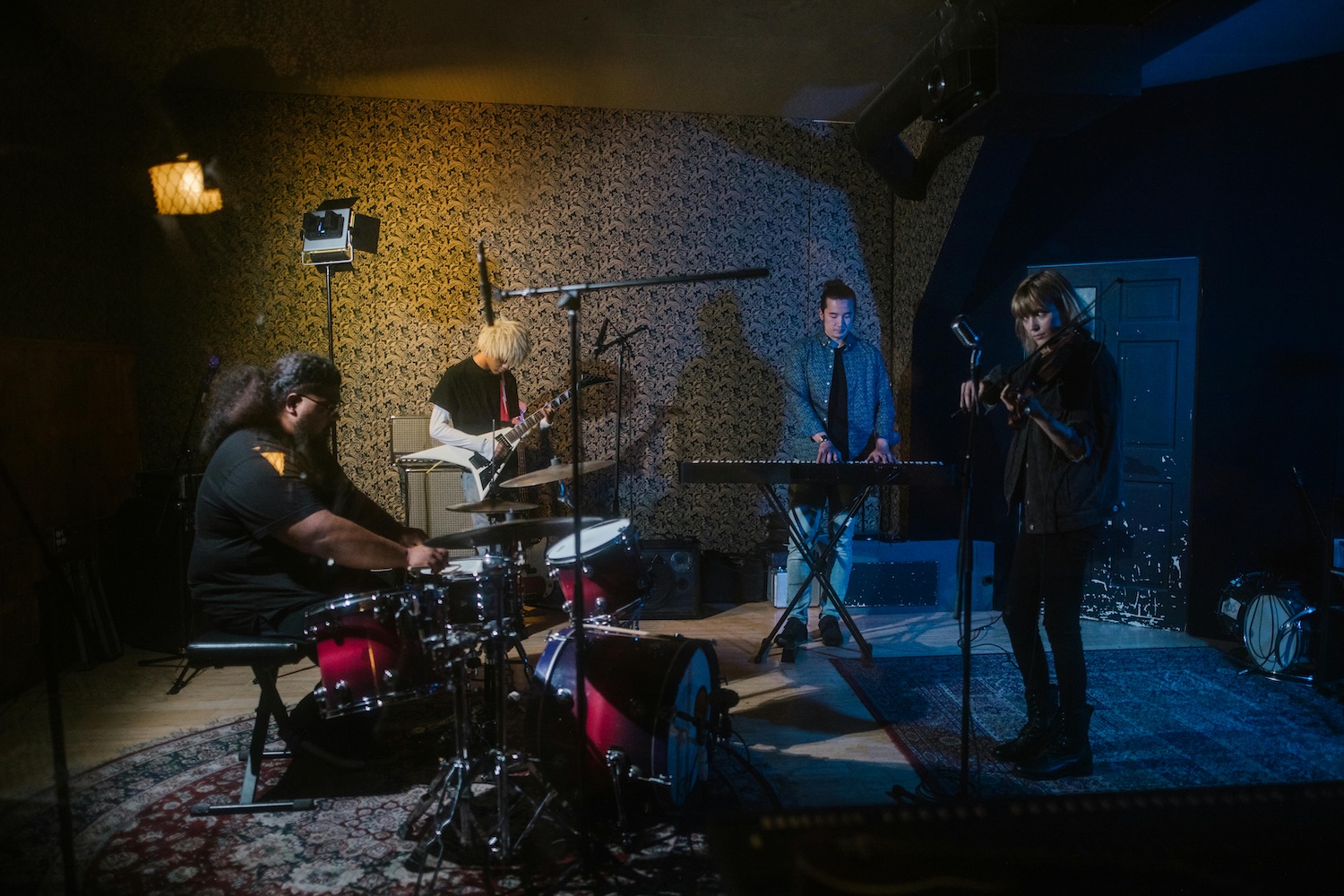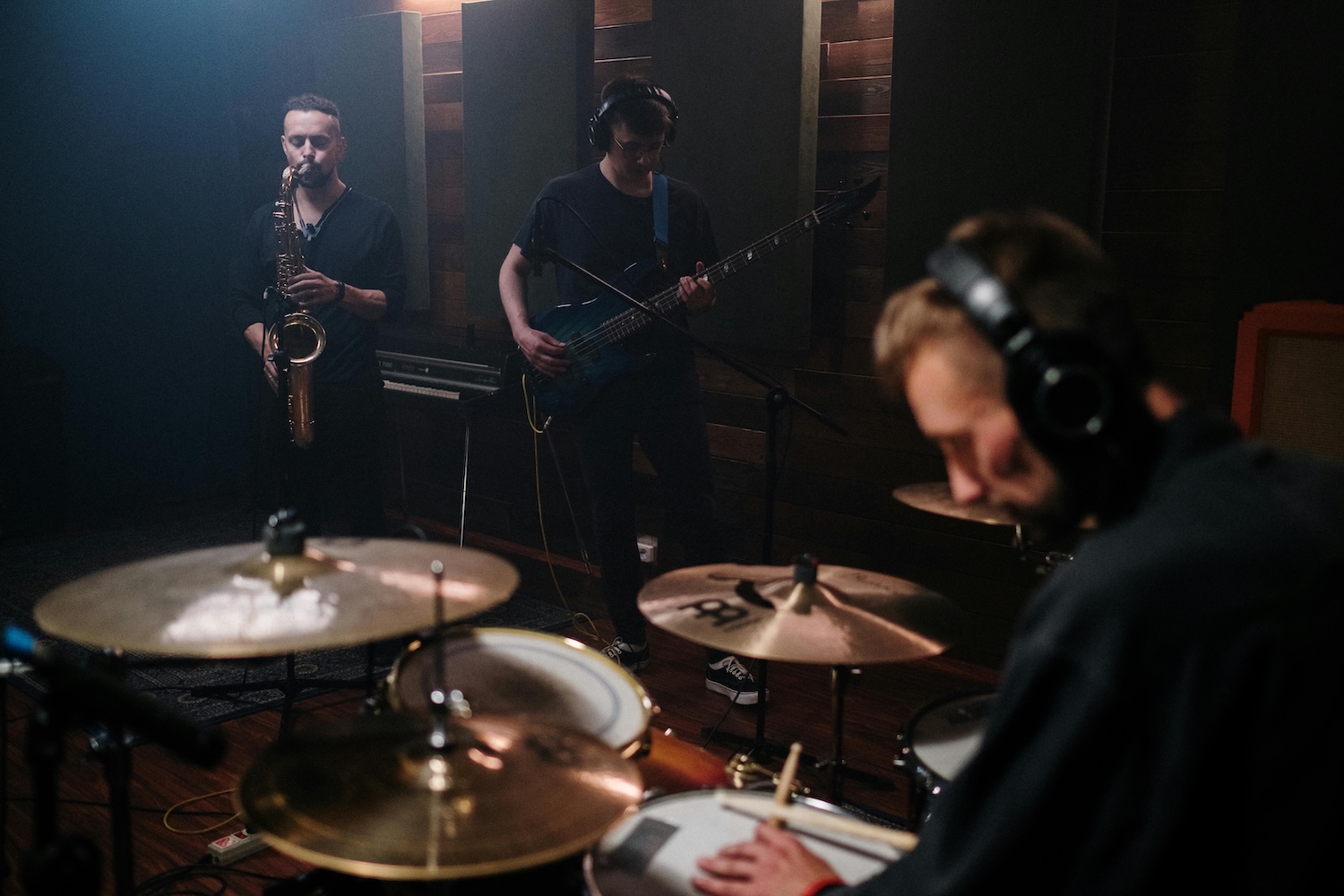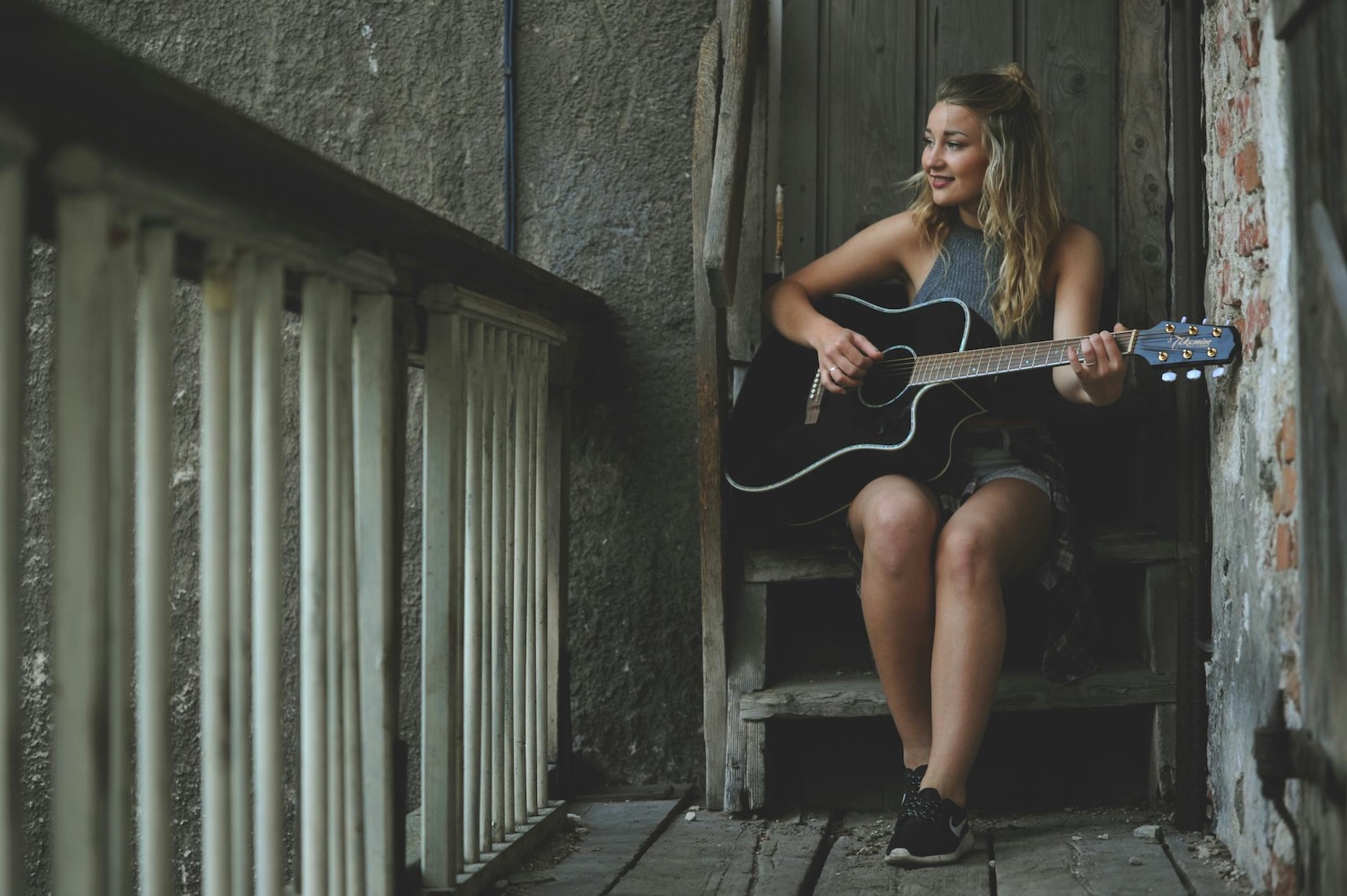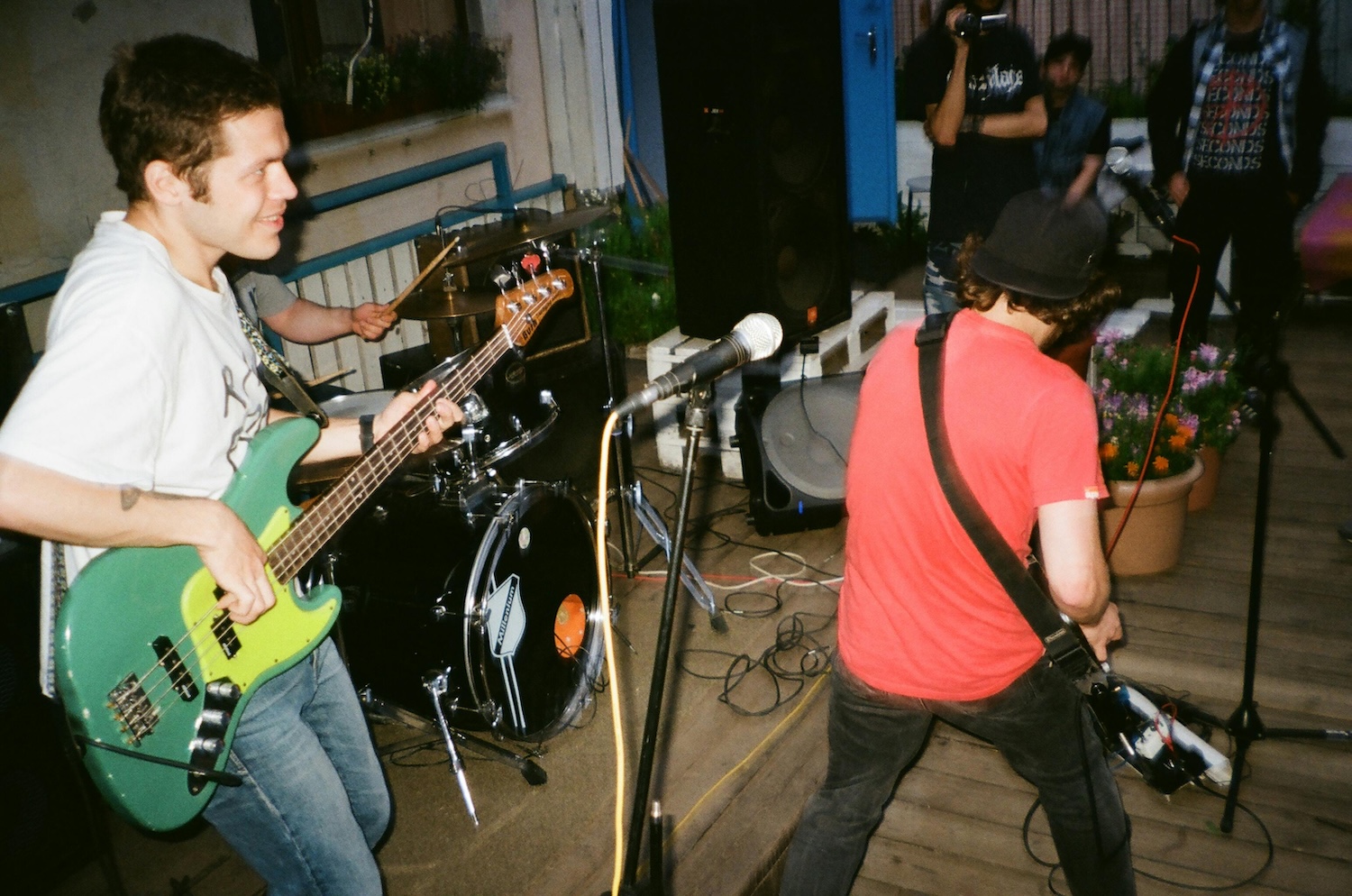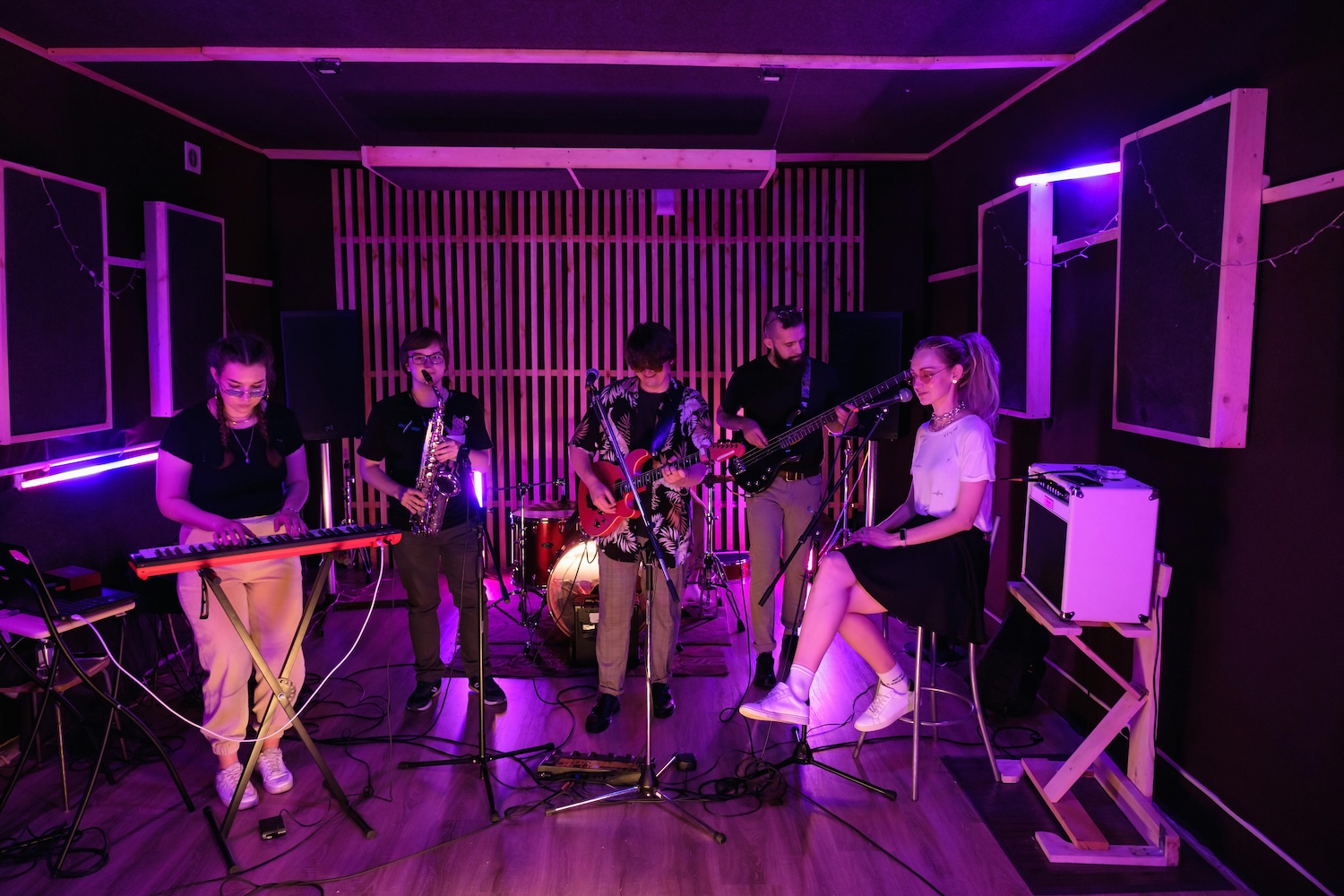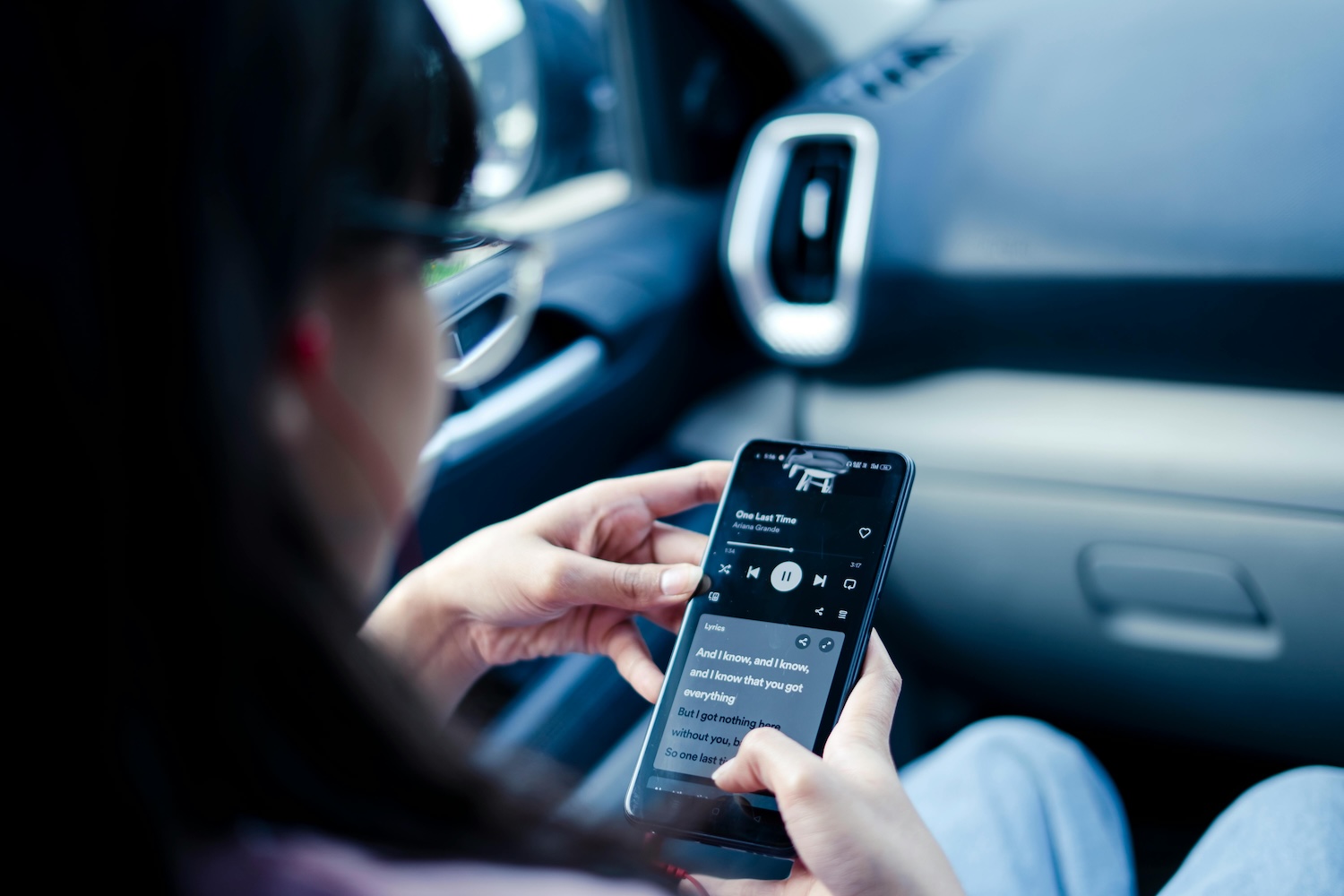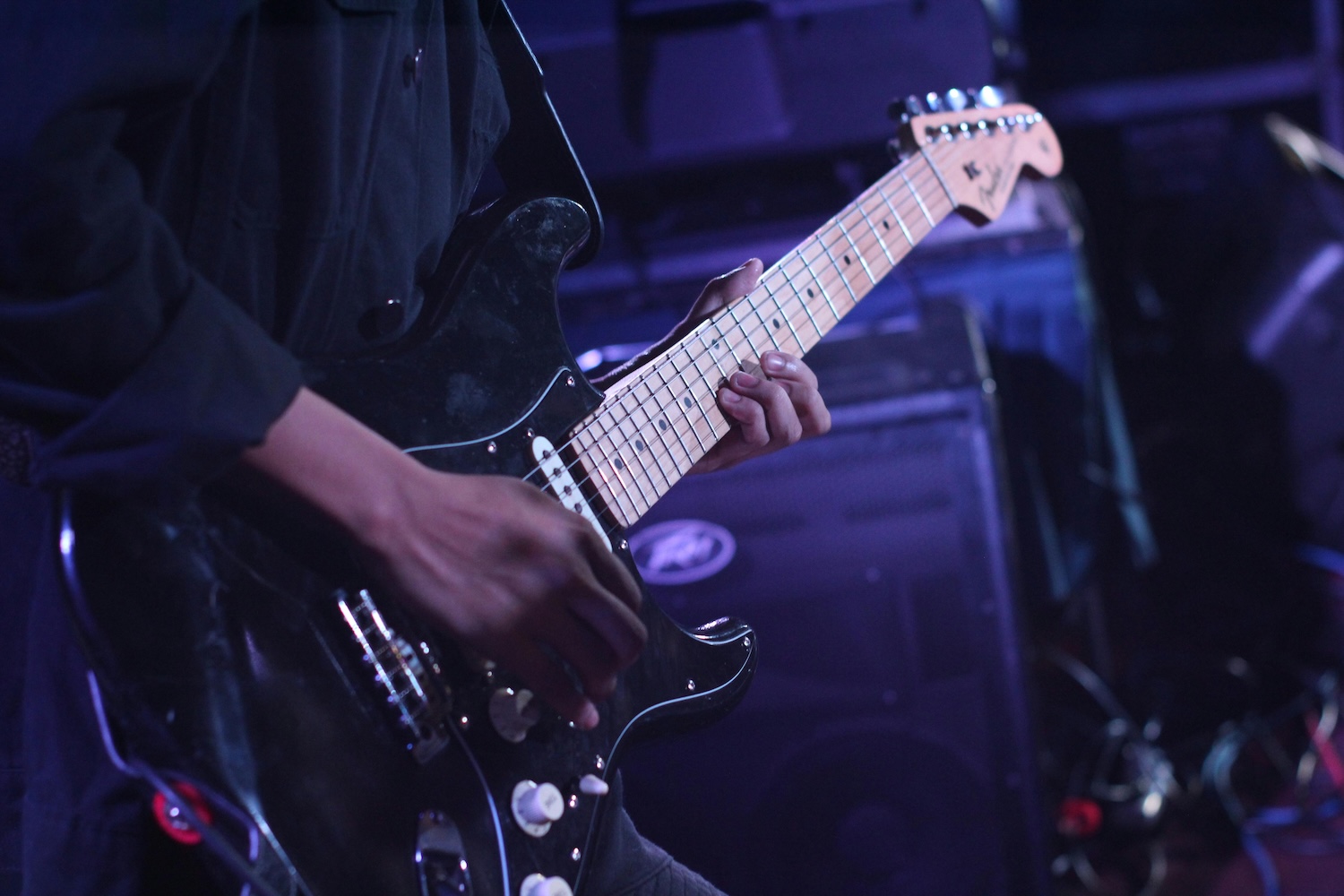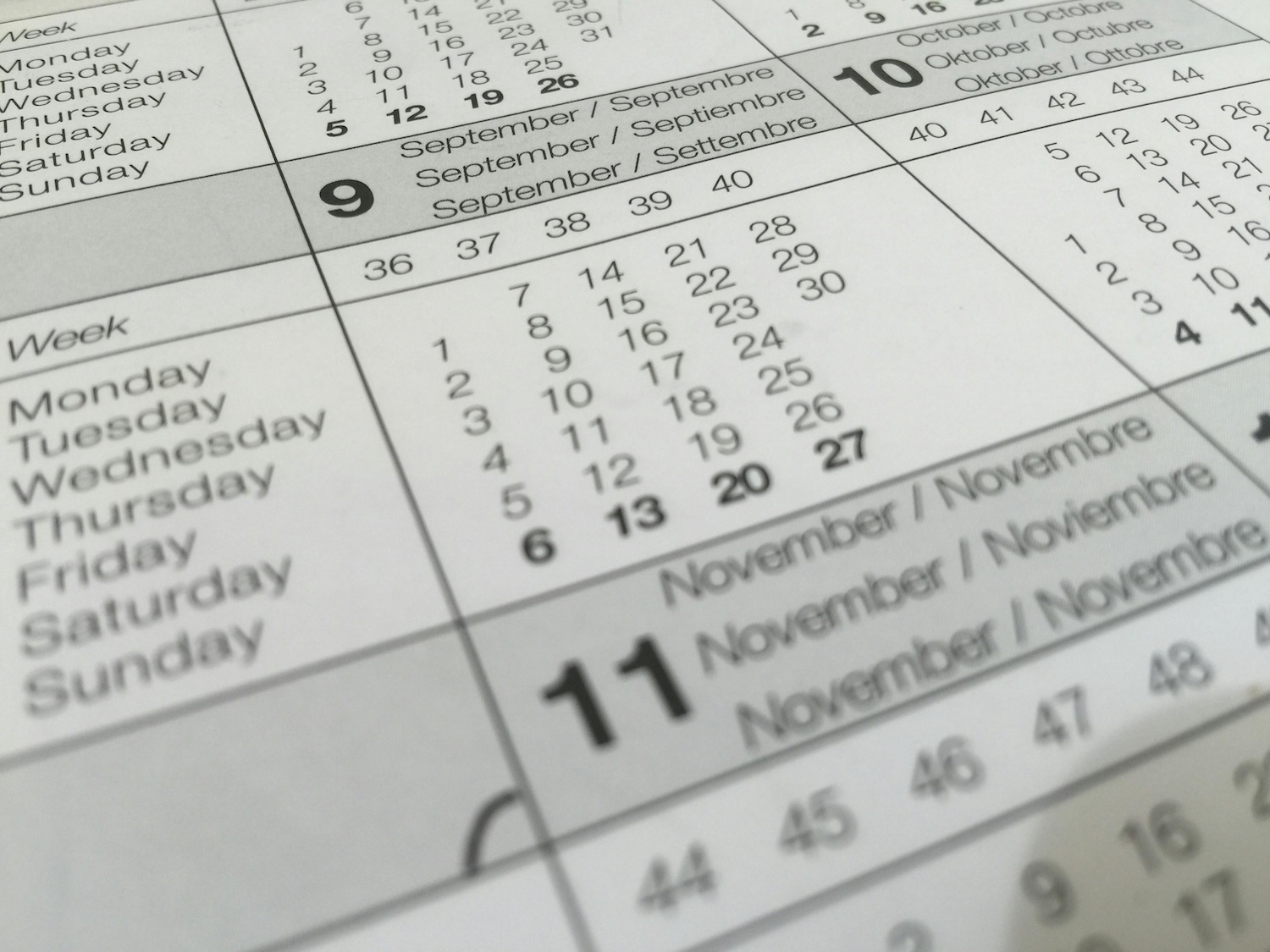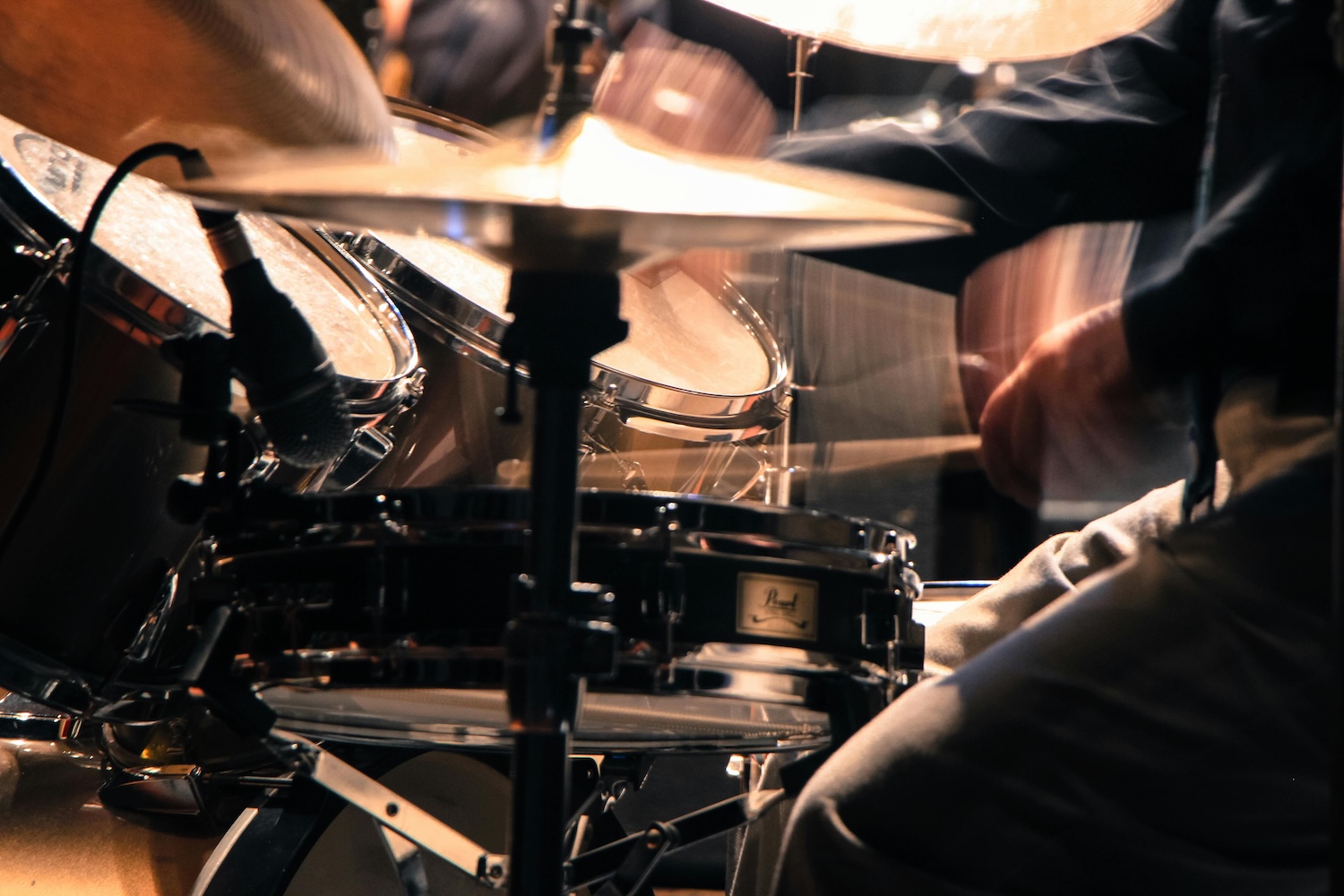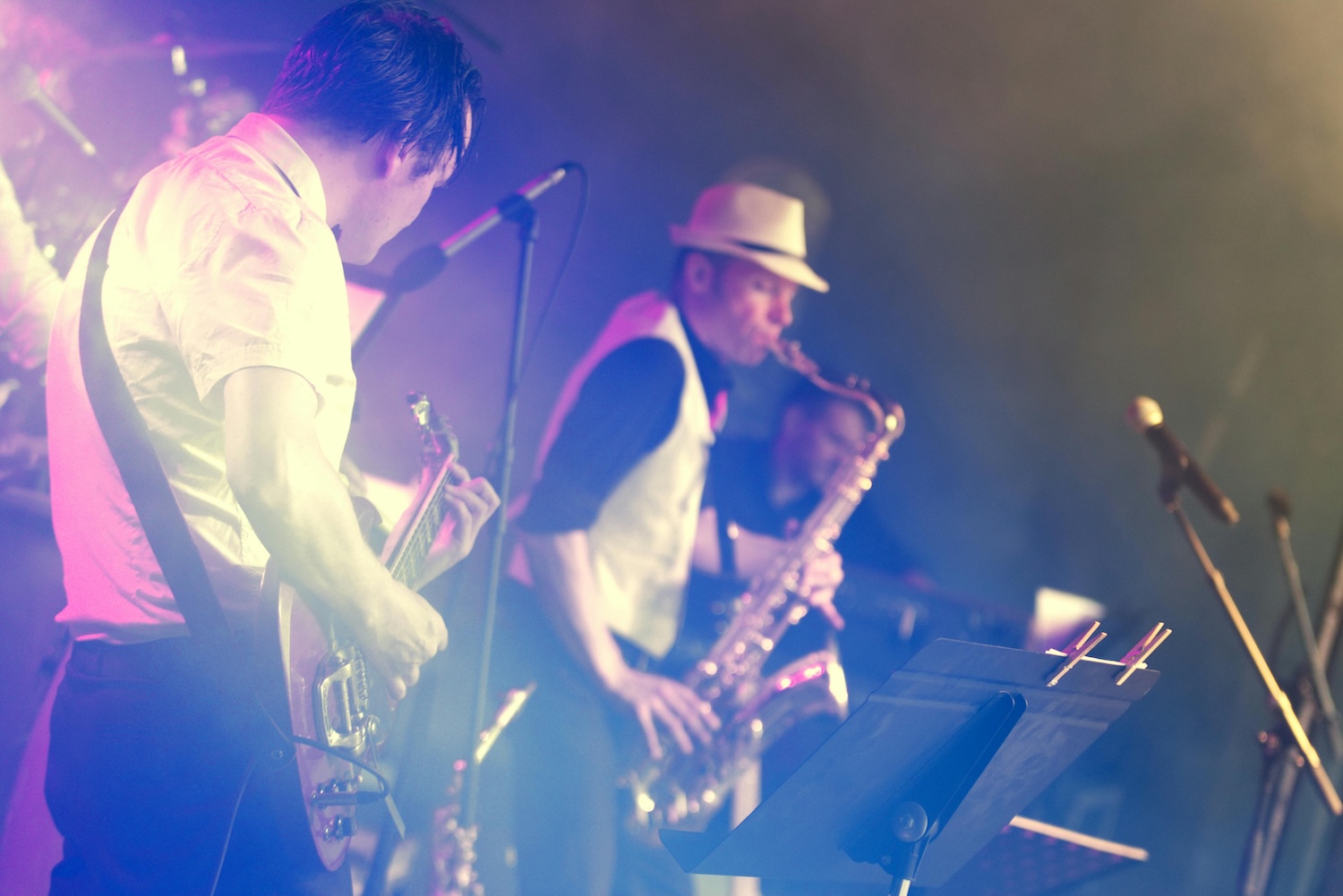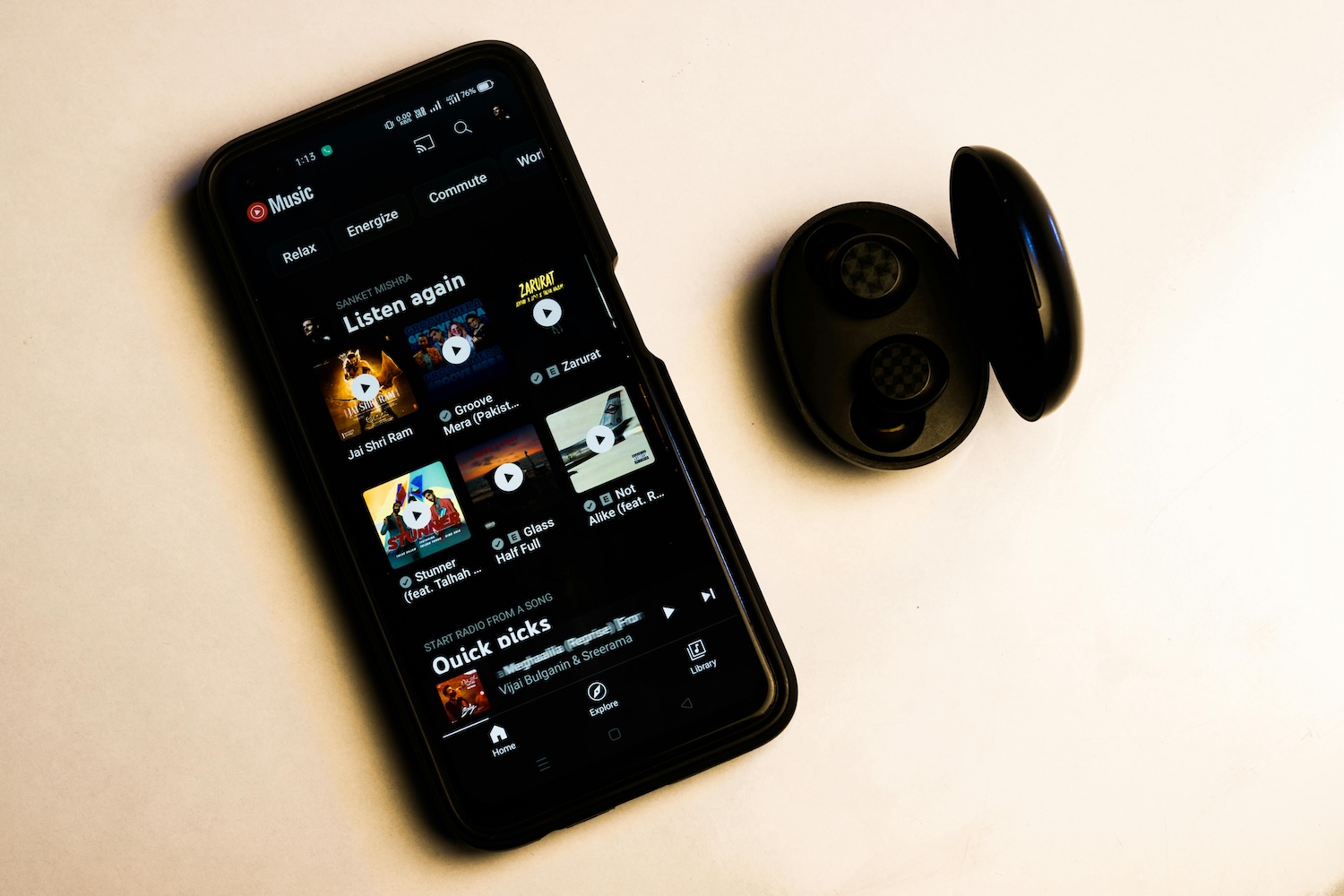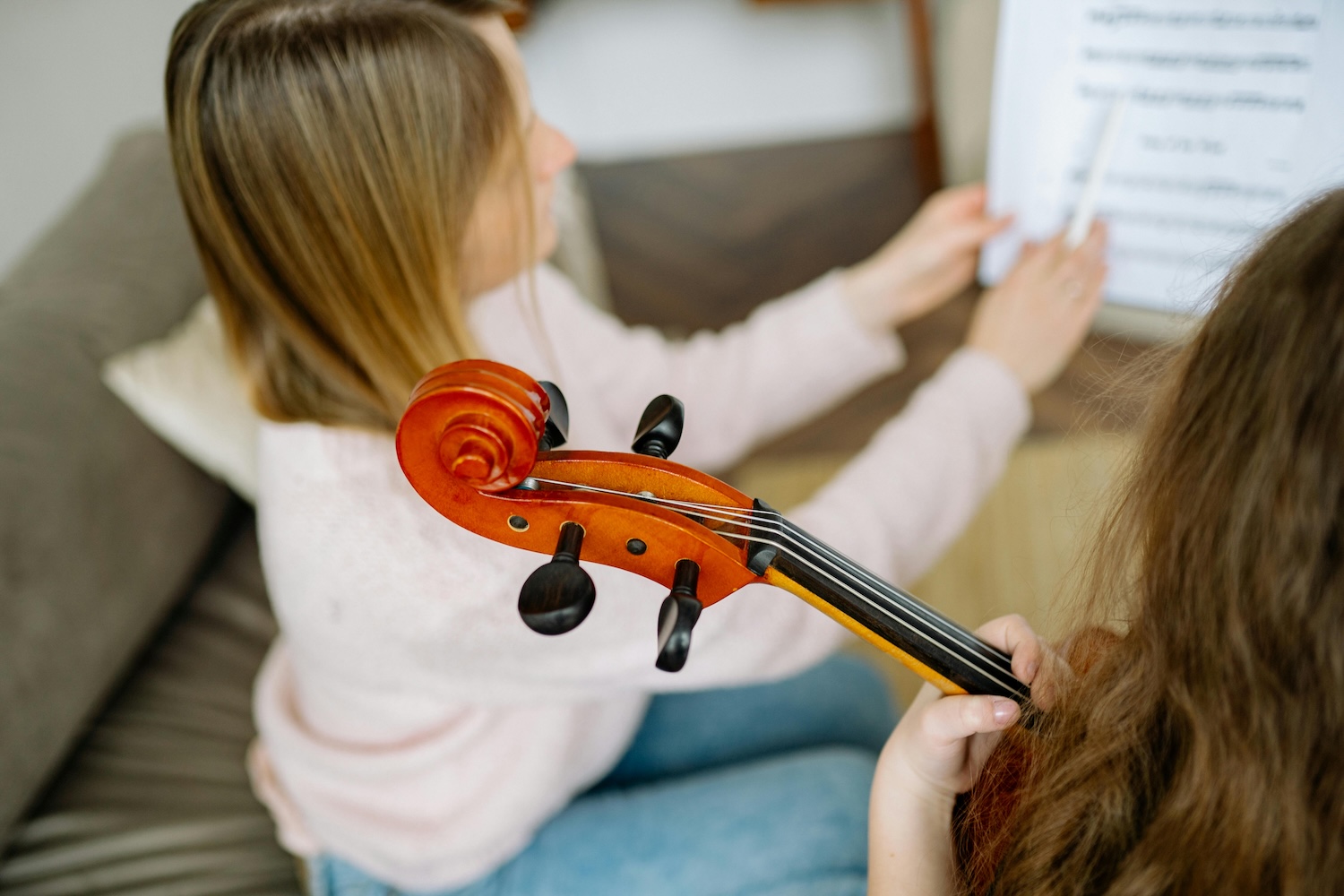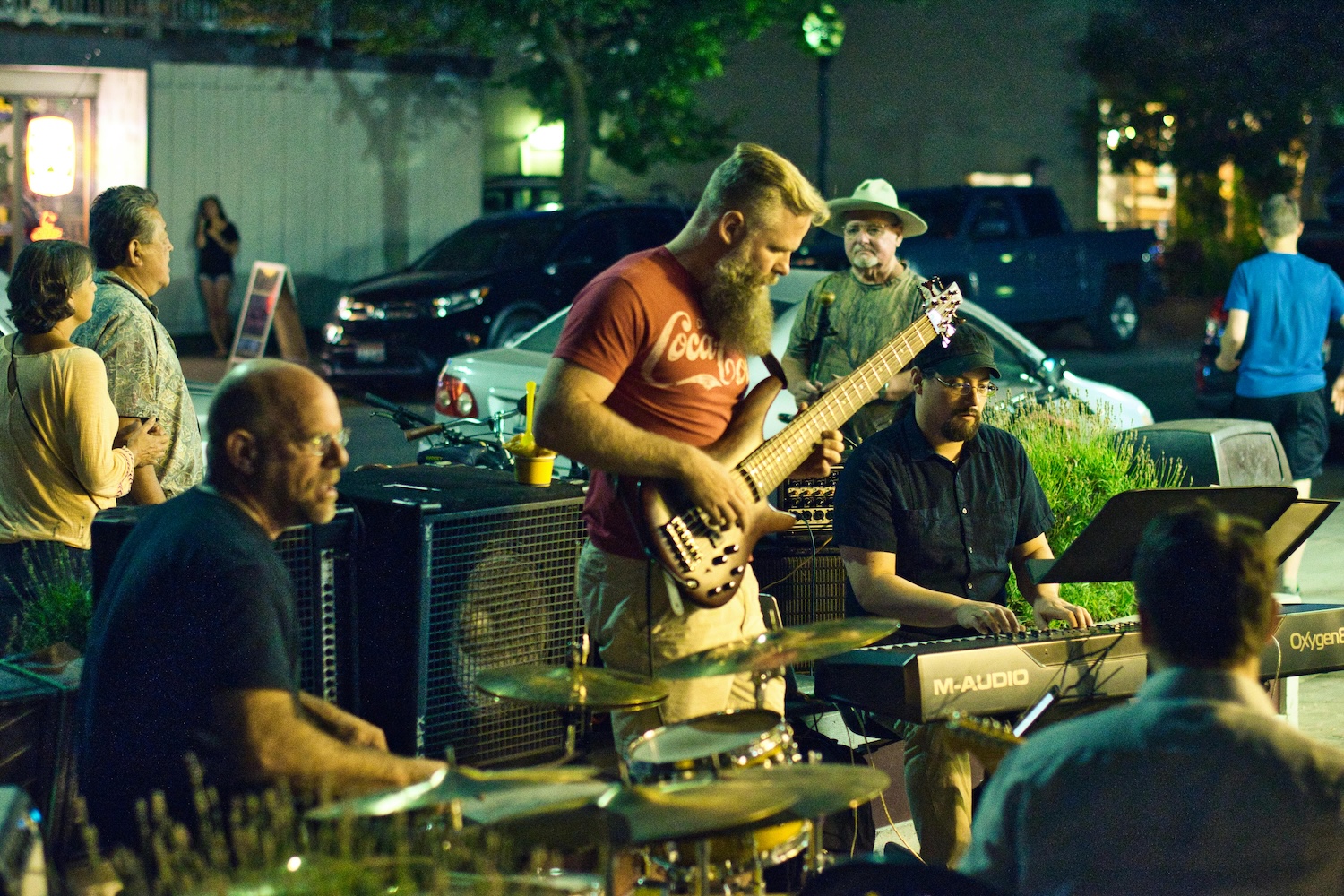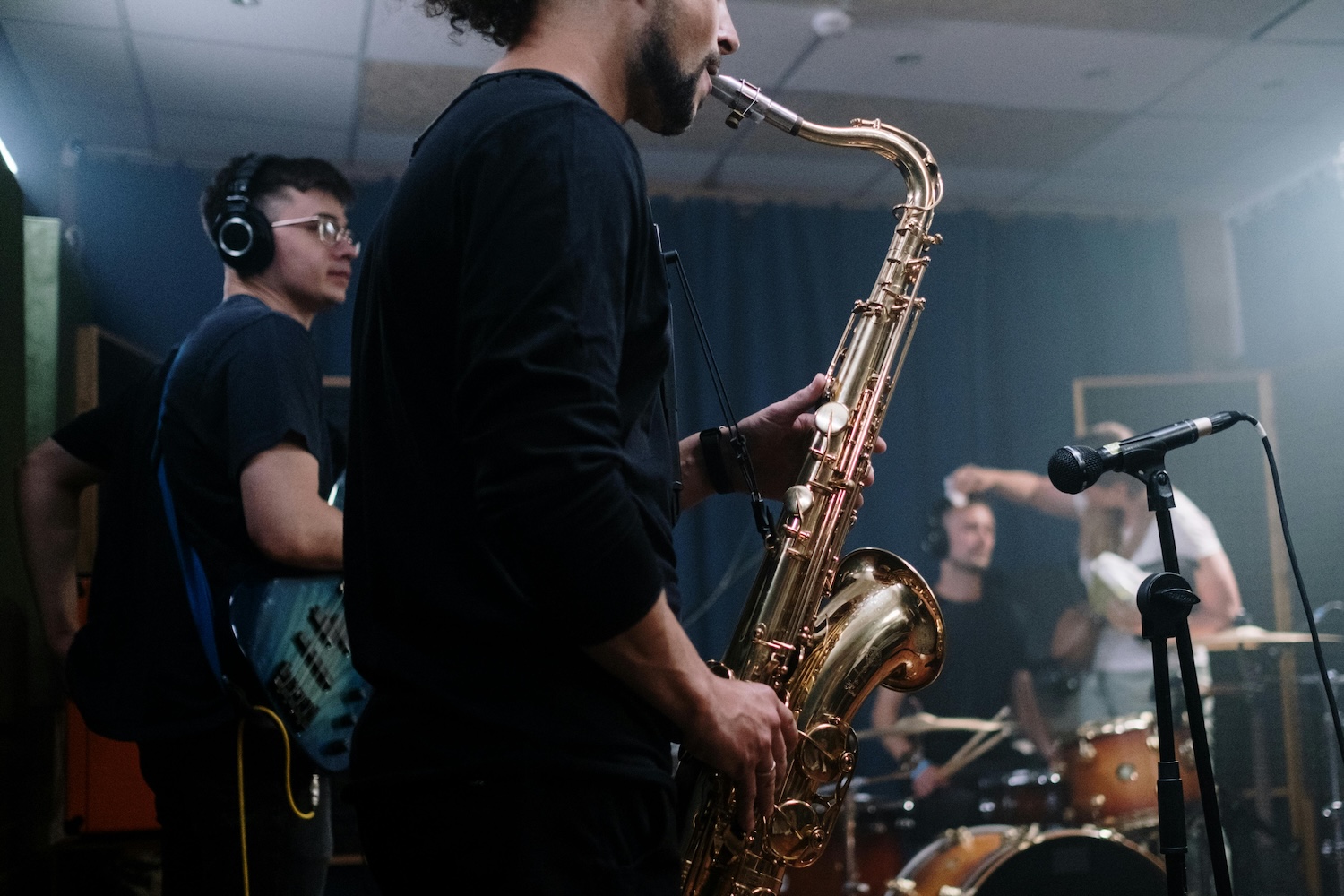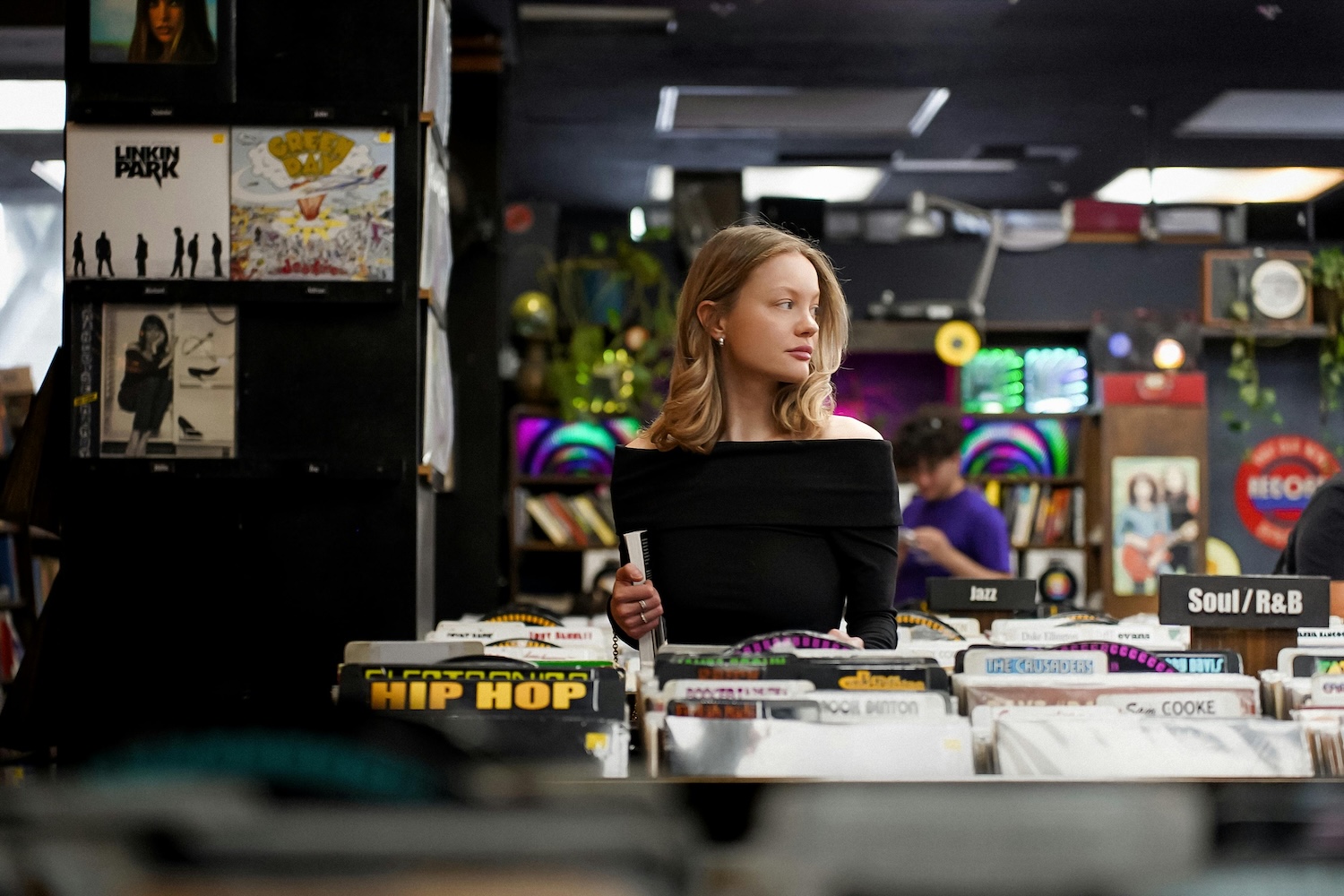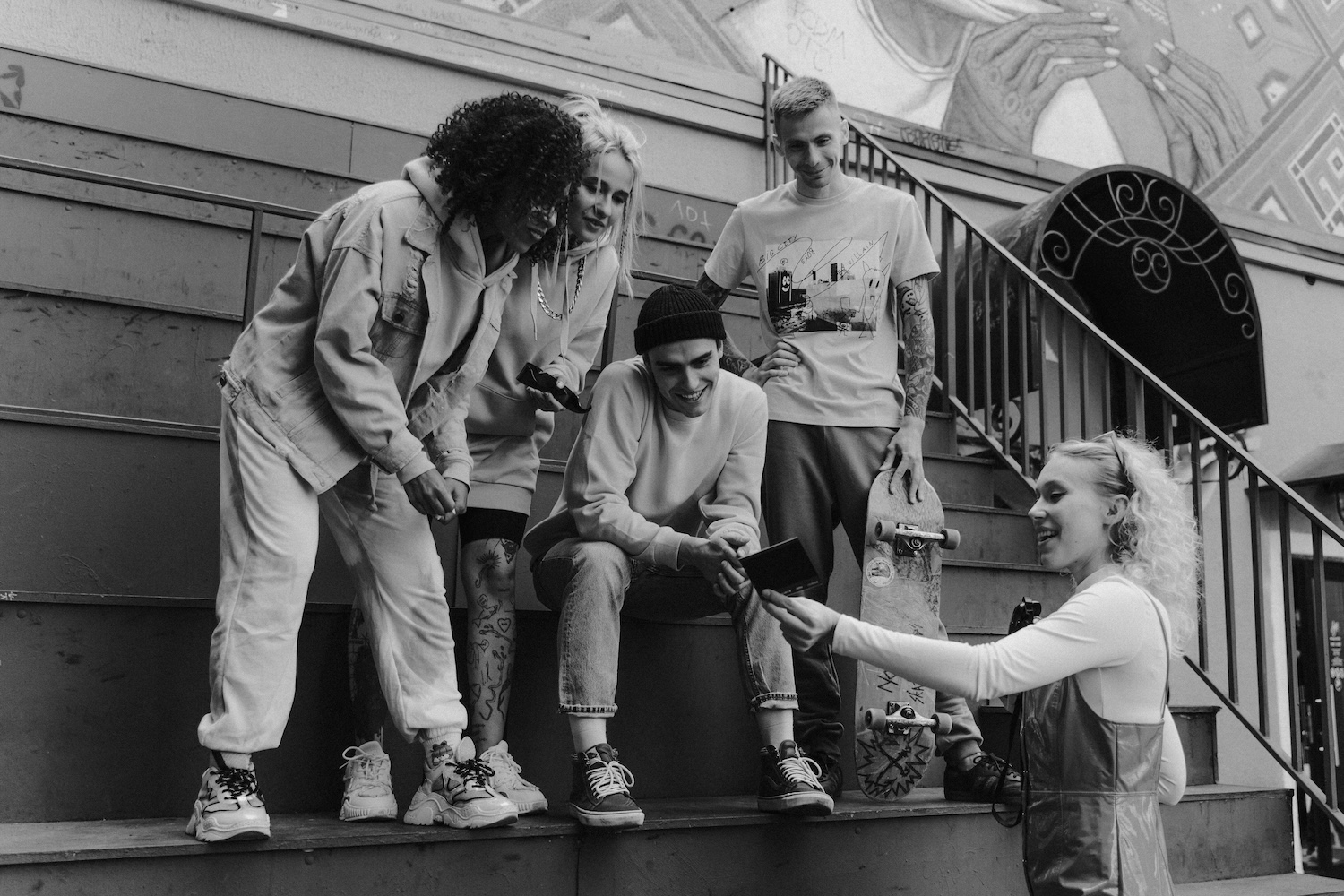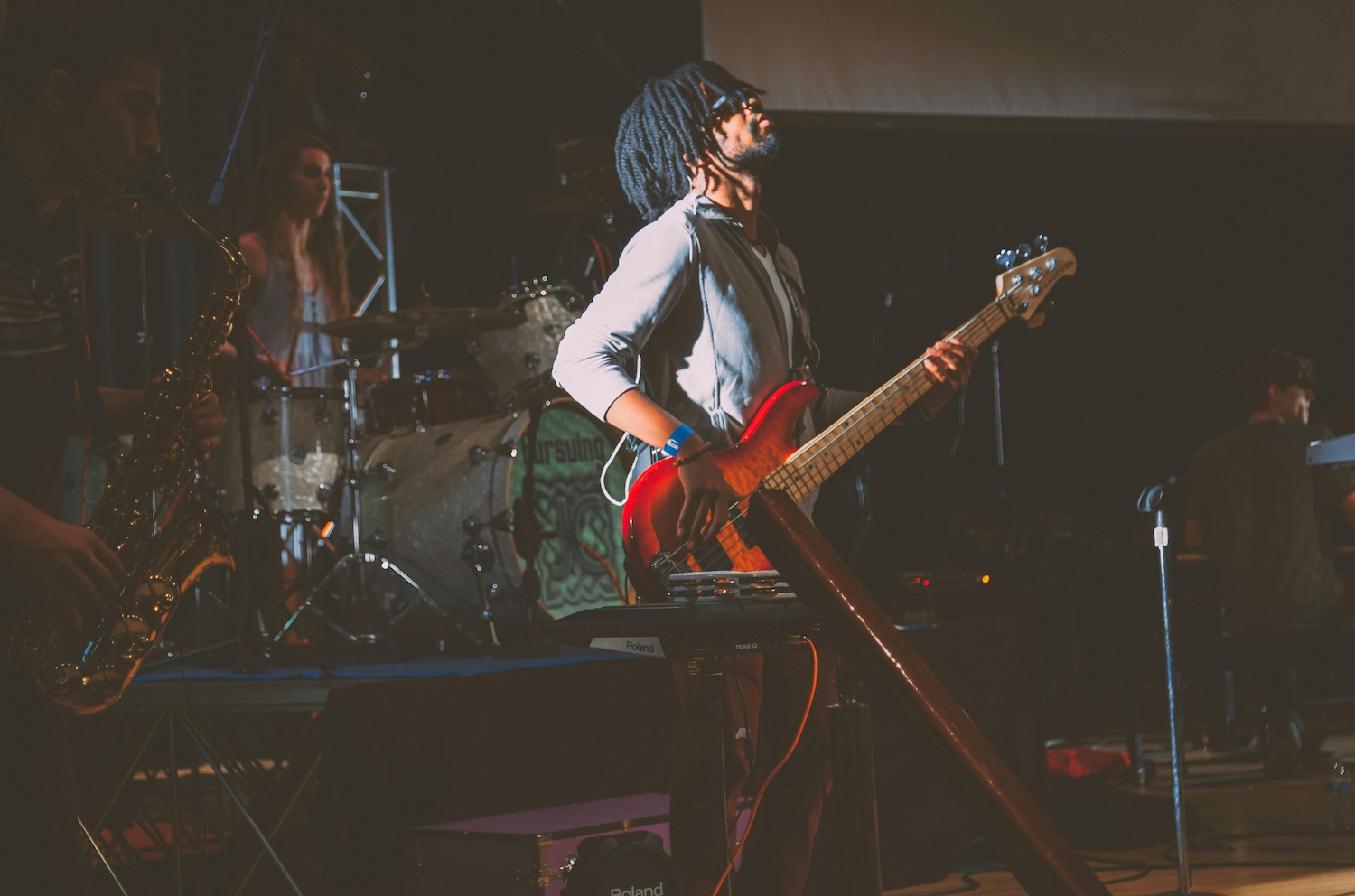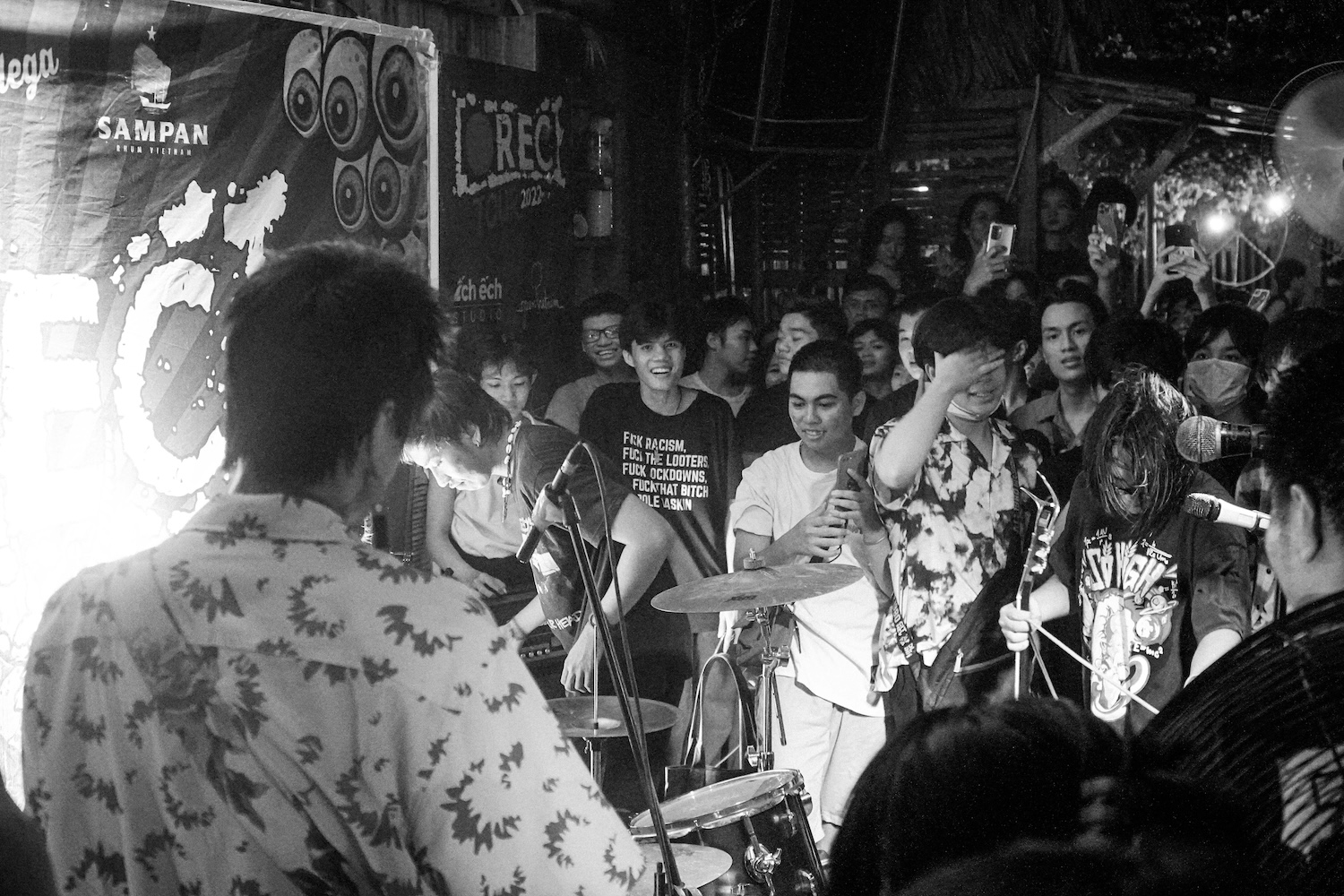Buy Used with Confidence: 7 Things to Check Before You Buy Music Gear
The secondhand market can be a goldmine for musicians looking to get more gear for less. But it also takes a sharp eye and a bit of caution to avoid bad deals and spot the real bargains. Here are seven essential things to check before you commit to buying used music equipment.
1. Know the going price
Before you reach out to the seller, research what the item typically sells for—both new and used. Use sites like Reverb, eBay, and Facebook Marketplace to get a realistic idea of the current market value. If the price seems too good to be true, it probably is.
2. Ask about the history
How long has the seller owned the gear? Did they buy it new? Has it been used on tour, in a rehearsal space, or just at home? The more you know about the item’s background, the better you can assess its actual value and condition.
3. Test it thoroughly
If possible, test the gear before buying. Power it on, play through it, turn all knobs, and listen for noise, hums, or failing components. If it’s a guitar, check the neck, frets, electronics, and tuning pegs. For electronic gear, test all inputs and outputs.
4. Inspect for wear and damage
Signs of use are normal, but watch out for more serious issues—loose parts, cracks, rust, or leaky cabinets. Document with photos if you’re unsure, and ask the seller to clarify what’s just cosmetic and what might need repair.
5. Ask for a receipt or serial number
An original receipt is always helpful, especially if there’s still a warranty. If that’s not available, ask for the serial number and look it up online. It can help verify the age and authenticity—and flag any history of theft.
6. Check the seller’s profile
If you’re buying through a platform, look at the seller’s history and reviews. A solid track record with good feedback is a strong indicator. Be cautious of anonymous profiles with little information and unrealistically cheap listings.
7. Meet in a safe place
If meeting in person, choose a neutral and safe location—like a café, gas station, or rehearsal room with power so you can test the gear. If it’s being shipped, use secure payment methods and avoid sending money upfront with no buyer protection.
Final Thoughts
Buying used gear can save you a lot of money and help you access quality equipment you might not afford new. But it pays to be prepared. With the right questions, a bit of research, and a healthy dose of caution, you can buy secondhand gear with confidence—and walk away with more sound for your money.
Want more tips on navigating the used gear market? Stay tuned to our blog—we regularly dive into guides, gear reviews, and real-life advice for musicians.







